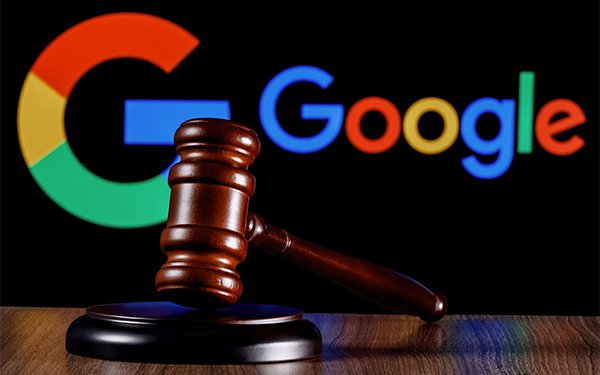
Siding with Google, a judge in Ohio has
dismissed the state attorney general's claim that the company unlawfully preferences its own products and services in the search results.
The ruling came in a 2021 lawsuit by
Attorney General David Yost, who argued that Google should be considered a common carrier -- comparable to the electric company or a telecom. If Google were a common carrier, it wouldn't be able to
give advantageous treatment to its own products or services.
Delaware County Common Pleas Court Judge James Schuck rejected Yost's theory in an August 15 decision.
"Google Search does not meet the definition of a common carrier under Ohio law," Schuck wrote in an order throwing out the lawsuit.
Yost had argued in a request
for summary judgment -- meaning a ruling in its favor before trial -- that Google is a common carrier because it's available to all web users, garners ad revenue by transporting information and
provides services that concern the public.
advertisement
advertisement
Google countered that it doesn't “transport” or people or property, and its search results are individually tailored.
Schuck said in his ruling that Google doesn't meet Ohio's definition of common carrier, writing that companies must "transport persons or property for hire."
The judge based
his decision on language in prior opinions by Ohio courts, including a 1943 ruling defining "common carrier" as someone "engaged in the business of transporting persons or property from place to
place, for compensation, offering his services to the public generally" and that "undertakes to carry for all people indifferently."
"Google Search plainly does not transport
people," Schuck wrote. "And the evidence shows it does not transport products for others."
Schuck also added that Google is not a common carrier because it makes judgment calls
when determining search results.
"A common carrier does not select the person or product it carries; it carries all people and products without regard to who or what they are,"
Schuck wrote. "Conversely, Google at each stage of the process selects what information users will and will not see. Google crawls the web, indexes webpages, and then selects which results to include
in a [search results page.]"
Yost alleged in his original complaint -- filed years before Google began showing artificial
intelligence summaries in the search results -- that Google touts its own products in the results, and pointed to a study that says around 65% of searches on Google desktop and mobile
ended without clicks to a different company.
“Google often presents Google products in enhanced ways in the search results that are designed to capture more clicks,
including by integrating other Google business lines -- such as specialized searches -- into the results page,” he alleged. “It does not allow competitors to have similar access, thereby
violating its duties as a common carrier.”
Google previously
argued the study Yost cited used faulty methodology -- partly because it didn't take into account that search users sometimes seek factual information, such as currency conversions or weather
forecasts, as opposed to links to other companies.